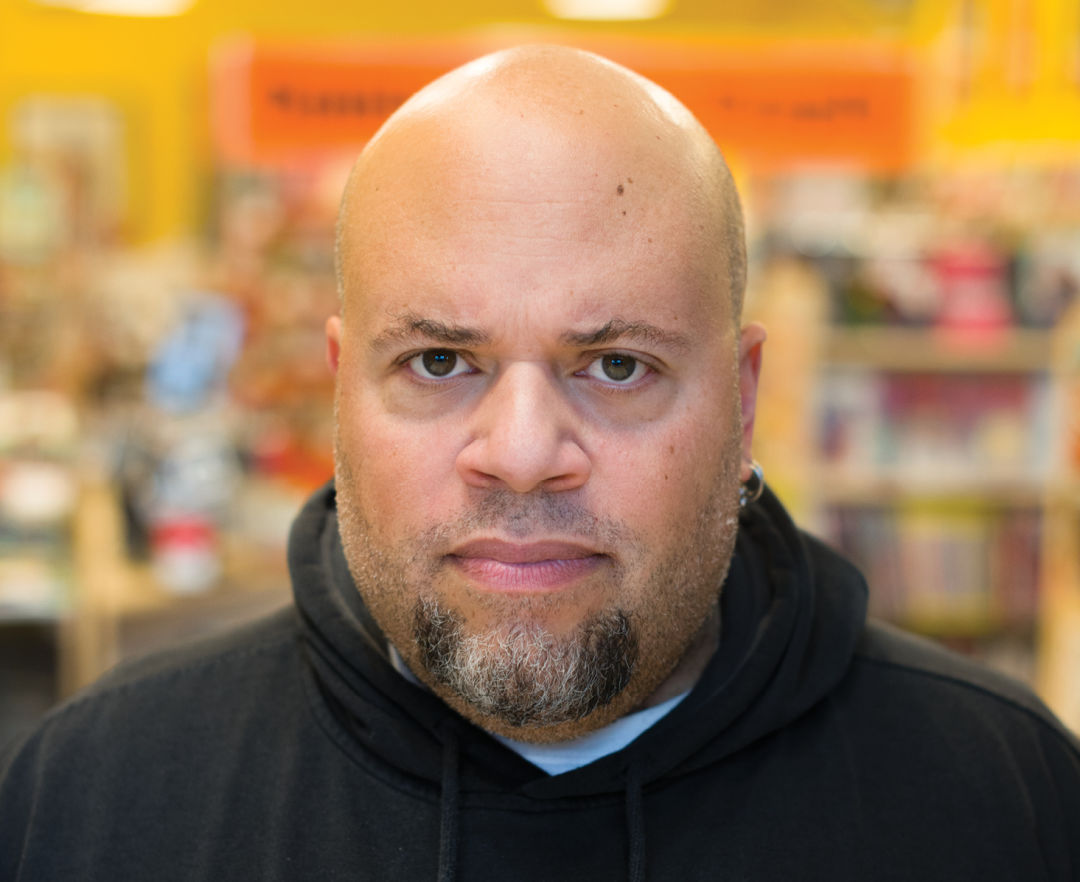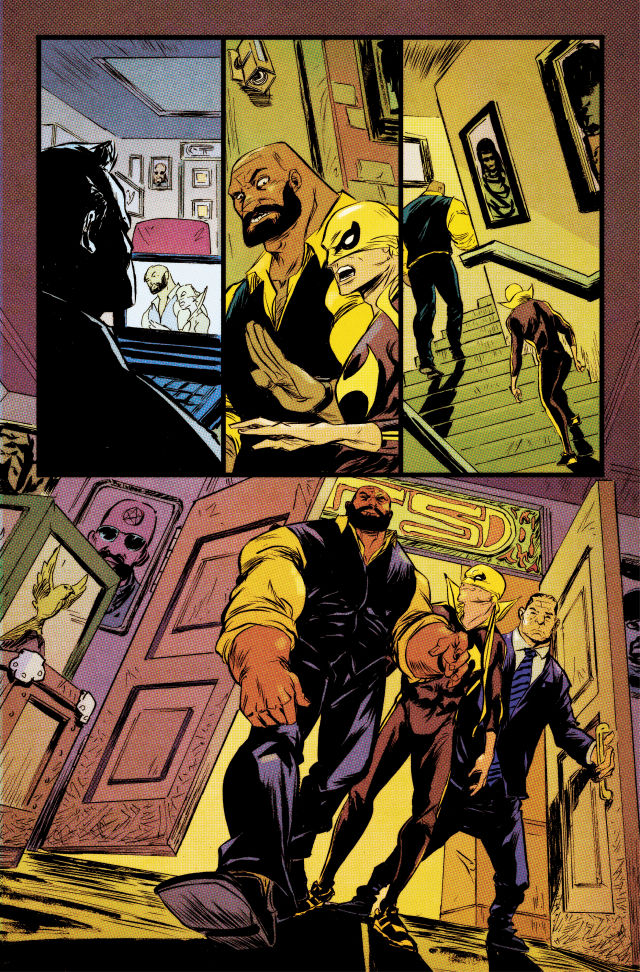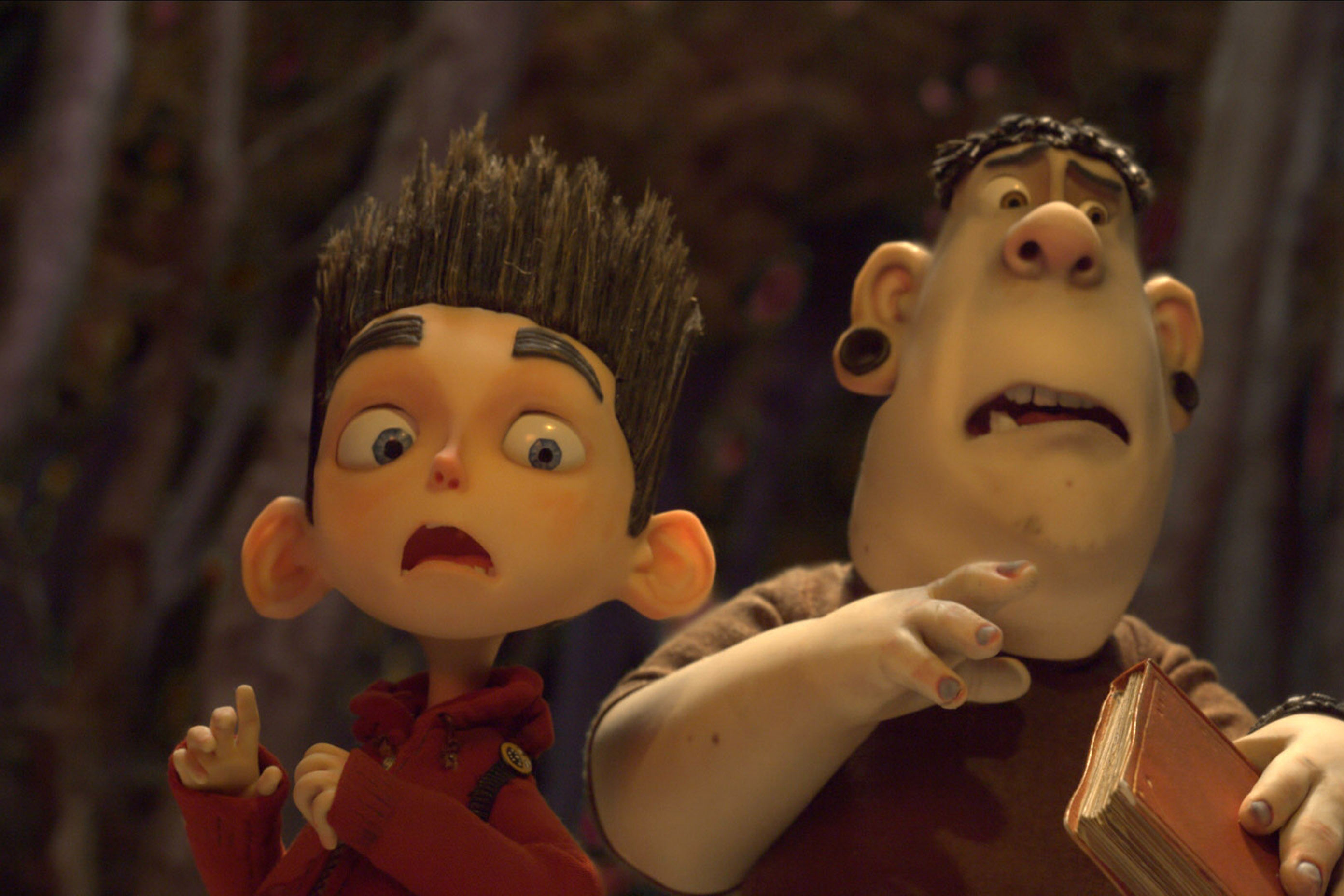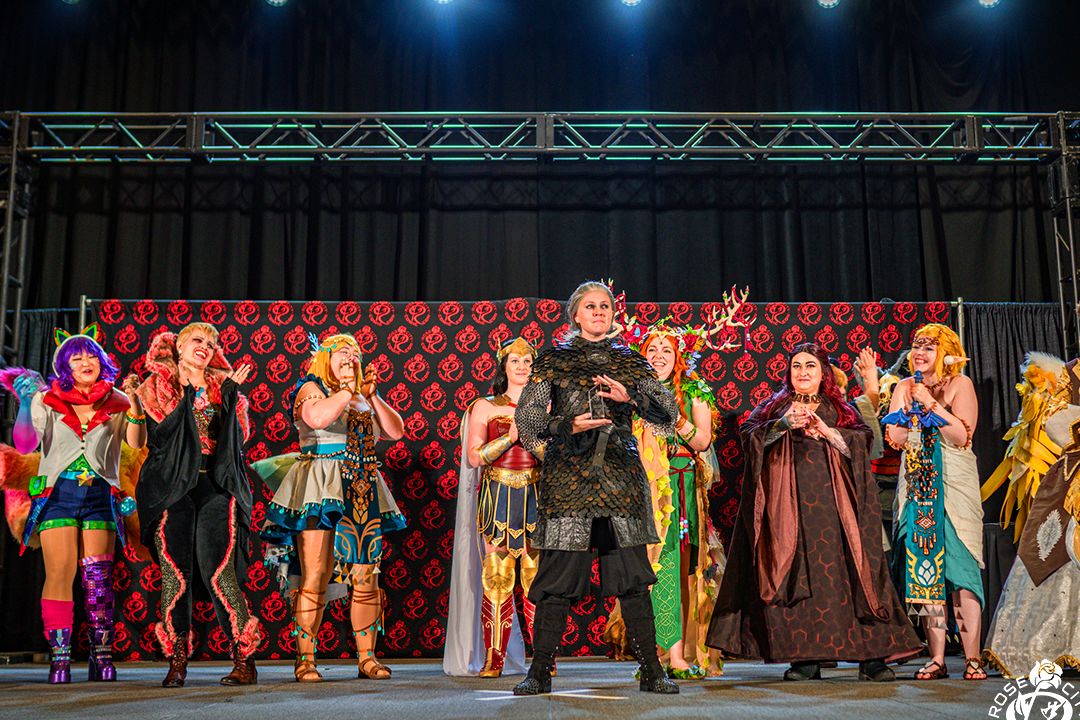As a Comic Book Writer, David Walker Finds Both His Medium and His Moment

Image: Erica J. Mitchell
If it had happened in his twenties, David Walker says, he’d probably be dead by now. He means his seemingly sudden success as a comic book writer, courted by powerhouses Marvel and DC Comics to helm some of the genre’s best-loved characters.
“It’s pretty whirlwind,” he acknowledges. “The older you get, time goes by much more quickly.” At 47, Walker has been a journalist and filmmaker in this town for more than 20 years, perhaps best known for his five years as Willamette Week’s chief film critic. Yet only now is he doing what he’s wanted to do since he was 5 years old: write comics.

Marvel debuted Power Man and Iron Fist in March.
Image: David Walker
And not just any comics. DC Comics, the Warner Brothers–owned home of Batman and Superman, hired Walker to create a brand-new Cyborg—a story about a half-robot, half-human originally incarnated in 1980. After nine issues writing the rebooted series, he parted ways with DC earlier this year—Walker cites “creative differences.” But by then he already had two series in the works with Marvel, DC’s Disney-owned archrival: Power Man and Iron Fist debuted in March, and Nighthawk launches this month.
“The overall response has been, ‘Wow, this guy is really good. Where has he been?’” says Caitlin Rosberg, comic critic for the AV Club. “He really understands the limitations but also the possibilities of the medium.”
Where was he? As far as Walker’s place in Portland is concerned, the better question might be, where wasn’t he? His career spans eras of the city’s creative scene, from the underground zines of the ’90s—his blaxploitation-themed BadAzz MoFo was one of the brawniest and best—through the heyday of alt-weeklies to the do-it-all-yourself digital era. He’s made movies, written screenplays, and self-published a book of essays. Yet none of his projects quite broke through from subculture to success. And when it came to creating comics, he faced one major obstacle: despite years in art school, he doesn’t draw.
Walker needed to persuade an artist to take the leap with him, and he found one in Robert Love. The resulting Number 13, with Milwaukie’s Dark Horse, appeared in 2013, allowing Walker to hire an artist for his graphic novel The Army of Dr. Moreau. As his confidence grew, so did his ambition. “I got a really harebrained idea,” he says, “that sat in my head for 20 years. I wanted do a Shaft comic book.”
He reached out to the widow of Ernest Tidyman, creator of the iconic two-fisted private eye, got her support, and found a publisher. Critics called the result “an exhilarating, game-changing” graphic novel, and Walker found a whole new audience.
“I’m a hard-core Shaft fangirl,” says Rosberg. “[Walker] completely turned the blaxploitation genre on its head.”
Shaft is one of a series of black characters—Cyborg and Power Man followed—that have allowed Walker to tackle race and identity in a medium historically the domain of white men.
“There’s not a lot of people of color in comics that aren’t green or purple,” he says, adding that white men historically scripted many black characters. “Sometimes they’re stereotypes. Sometimes they’re archetypes. But they seldom exist as fully formed characters with complex emotions.”
Cyborg was a case in point, originally drawn as human only from the chest up. “When the only black character exists as only part of a human being—his genitals aren’t there—it means something,” says Walker, who reinstated Cyborg’s manhood.
His work is informed by the institutional racism being highlighted by the Black Lives Matter movement. “If you’re a black superhero, how do you fight for law and order?” he asks. “‘Truth, justice, and the American way’ is pretty closely tied to law and order, which is tied to systemic racism. Somewhere in there, there’s got to be conflict.”
How comics respond to these issues can be profoundly influential, he says. “Never dismiss the power of popular entertainment.”
Walker could be the reluctant superhero the comics world has been waiting for: a humble guy with a major gift that comes with power. And he’s already got his squad, with strong supporters in Portland’s robust comic scene.
Kelly Sue DeConnick, the Portland-based cocreator of feminism-infused hit titles Bitch Planet and Pretty Deadly, has his back. “He’s worked long and hard, and he’s doing books that matter,” she says. “He knows everyone, and everyone loves him.”
Walker’s star is rising at a time when his medium is enjoying increasing cultural currency. “Comics are having a moment,” he says, “but that moment should be much bigger than it is.”
Can Walker save the day? There may be cause for optimism in his choice of Spider-Man as his favorite character. “With great power comes great responsibility,” quotes Walker. “I remembered that as a kid, and I still kind of live by it.”




